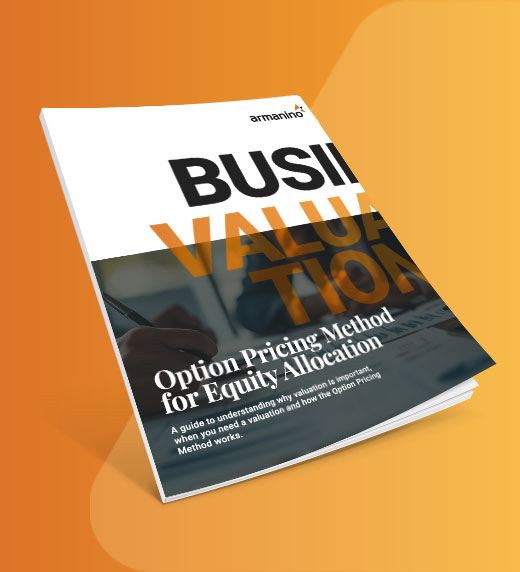Audit
We can organize an efficient and cost-effective audit or review, ensuring that financial statements display accurate and meaningful results. Our services include:
- Financial statement audits and reviews
- Agreed-upon procedures
- Equity accounting
- Technical accounting guidance
- SEC filings and disclosures
- IFRS adoption/transition
- Transfer pricing
- SOX 404 compliance
- Internal control evaluations for minimizing risk
- Automation of revenue recognition
- Internal project tracking for R&D
- Enabling customer entitlement and product warranty/maintenance tracking
- Automation of order-to-cash processes
- Process re-engineering
- Best practices for policies and procedures
Audit Services
Tax
Our tax experts help life sciences companies handle complex tax issues in the United States and abroad. Our services include:
- Tax provision consulting/FIN 48
- International tax and transfer pricing
- Tax compliance
- State and local tax
- Loan staffing
- Stock option accounting (123R) and complex tax data analysis
- Tax process design
- R&D credit studies, implementations, reviews and updates
- IRS audit support
- Net operating loss limitation analysis (Section 382)
- Mergers and acquisitions
- Expatriate tax services
- Intellectual property (IP) offshore planning for tax minimization
Tax Services
Consulting
Life sciences companies in the medical device, pharmaceutical and biotech industries are focused on reducing the time to market. Armanino supports life sciences companies by providing recommendations for business process streamlining through our business solutions and strategy consulting services.
- Technology: we recommend best of breed, unified ERP, CRM, budgeting and forecasting, equity management and business intelligence solutions that drive innovation through clear, integrated views of information from disparate data sources. Learn more about Armanino's life sciences industry consulting expertise.
- Growth: we take you further through Armanino Ignite – focused on strengthening your most profitable partnerships, increasing your market outreach to the right audiences, developing strong pricing strategies to scale your short- and long-term goals. Discover how marketing, sales & customer strategy fuel your growth.








